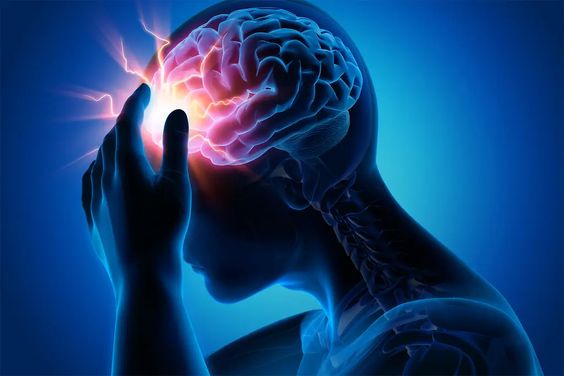Introduction
A headache is a pain in the head, ranging from mild and temporary to severe and debilitating. Headaches are one of the most common health complaints, with most people experiencing headaches from time to time.
Headaches can be caused by a variety of factors, including stress, tension, eye strain, sinus problems, and caffeine withdrawal. In some cases, headaches can be a symptom of a more serious medical condition, such as meningitis or a brain tumor.

There are many different types of headaches, each with its own set of symptoms and causes. The most common type of headache is a tension headache, which is characterized by a dull, aching pain that feels like a tight band around the head.
Types of Headaches
Headaches are broadly classified as primary headaches or secondary headaches.
-
Primary Headaches: These are not caused by another medical condition. Examples of primary headaches are:
- Tension headaches
- Migraines
- Cluster headaches
-
Secondary Headaches: These are caused by another medical condition. Examples of secondary headaches are:
- Sinus headaches
- Headaches due to head injury
- Headaches due to medication overuse
Causes of Headaches
The cause of a headache can be difficult to pinpoint, but some common triggers include: * Stress * Tension * Eye strain * Sinus problems * Caffeine withdrawal * Alcohol * Changes in sleep patterns * Certain foods
Symptoms of Headaches
The symptoms of a headache can vary depending on the type of headache.
Common headache symptoms include: * Pain in the head, face, or neck * A feeling of pressure or tightness in the head * A throbbing or pulsating sensation * Nausea * Vomiting * Sensitivity to light or sound
Treatment for Headaches
Treatment for headaches depends on the type of headache and its severity.
Common treatments for headaches include: * Over-the-counter pain relievers, such as ibuprofen or acetaminophen * Prescription medications, such as triptans for migraines * Relaxation techniques, such as massage or yoga * Lifestyle changes, such as getting enough sleep and managing stress * Alternative therapies, such as acupuncture
If you experience frequent or severe headaches, it is important to see a doctor to determine the underlying cause and receive appropriate treatment.





